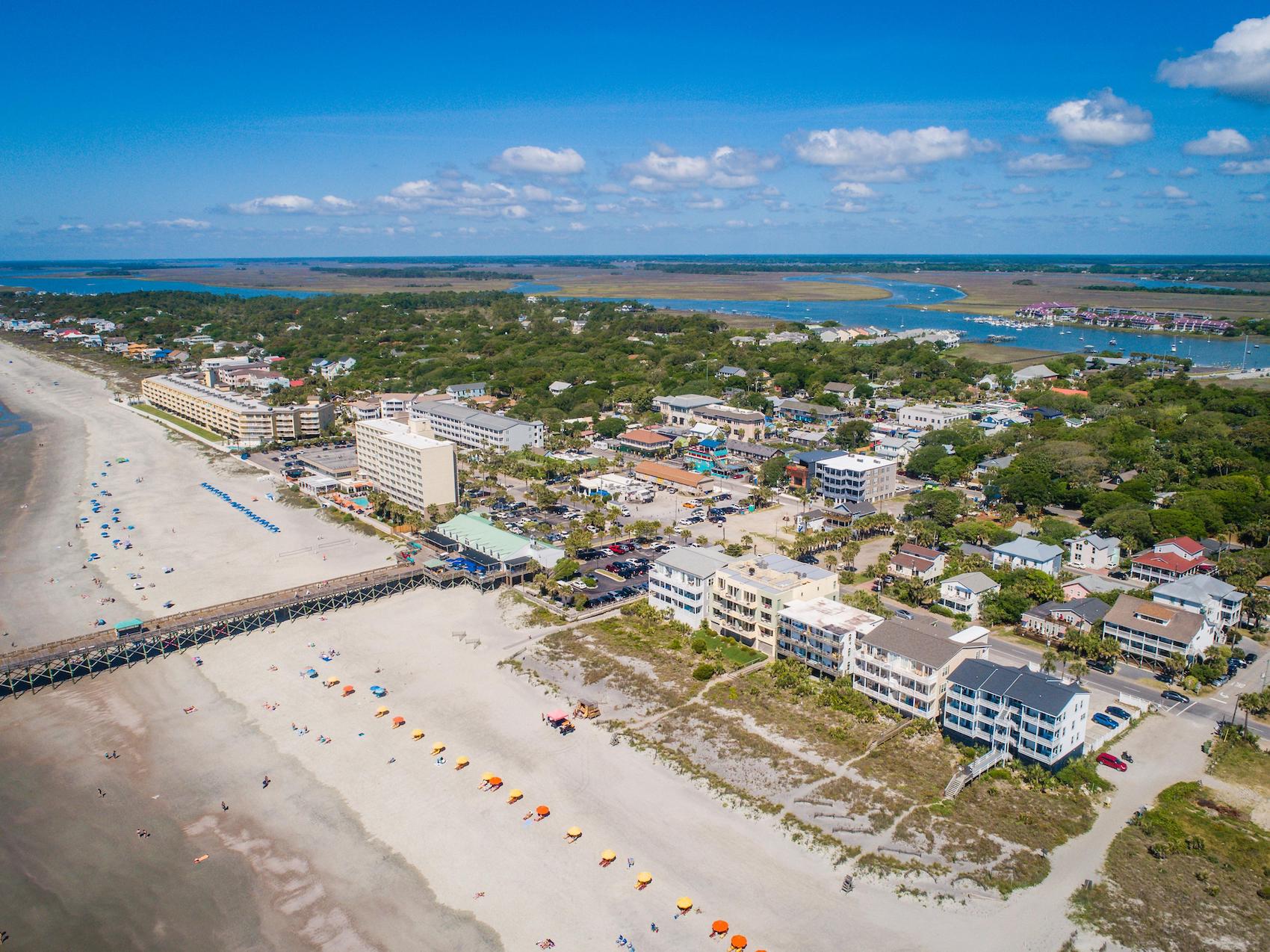The Spork. I can’t think of a more important item throughout my childhood life than this simple eating utensil. I can still vividly remember walking into the cafeteria in a single-file line, grabbing my fork and whatever slop they were feeding us elementary schoolers that day. The lunch we were having would always change, but the one aspect that stayed constant: the spork.
I can hardly remember using my sporks for longer than 30 minutes, for I used it to eat then I would throw it out. Sporks are single use items, although they are rare in most places other than scho ols they still contribute to the issue of plastic pollution. These sporks can be made of a variety of materials: steel, wood, glass, but of course the major one is plastic. To begin the lifecycle of a spork countless small little plastic pellets are fed into a thin opening where they are crushed and melted together. The ensuing polymer is then stretched, folded, and cut into sheets.
ols they still contribute to the issue of plastic pollution. These sporks can be made of a variety of materials: steel, wood, glass, but of course the major one is plastic. To begin the lifecycle of a spork countless small little plastic pellets are fed into a thin opening where they are crushed and melted together. The ensuing polymer is then stretched, folded, and cut into sheets.
Now begins the process of thermoforming, where the plastic sheets turn into true sporks. The plastic sheet is placed onto a mold, where the mold is full of holes in order to create a vacuum to suck the plastic sheet onto the mold. The sheet is heated and will begin to take the shape of a spork. There you go, a spork has been born. After the spork has been utilized depending on the company that manufactured it and the user it might end up in a landfill or in the recycling. If it ends up in the landfill like all other plastics it will be sitting there for decades upon decades never decaying; stuck in a tomb of trash, or if it’s lucky it will get to see the world via drifting amongst the ocean’s currents. If it gets sent to a recycling facility it will be sorted, cleaned, and eventually melted down to where it can be utilized in another product that requires plastic.
However the manufacturing process comes at costs as well. Depending on the type of energy that the manufacturing plant uses it is going to be pumping pollutants into the atmosphere, although the pollutants won’t be as toxic as most manufacturing plants. However the main environmental impact of the plant is in the product itself: plastic. These sporks are most of the time not properly disposed of by the users, so they often end up in landfills or in the ocean. An easy solution to this environmental problem is making the sporks biodegradable. If these sporks were biodegradable then we would not need to worry as much, for we could be sure the energy within the sporks would be transferred back to the environment once they decayed away.
Although biodegradable seems like a quick and easy solution it requires the approval of the company that is producing the sporks. The main issue here is the cost of biodegradation, for implementing this aspect into their product is going to be very expensive compared to the plastic that costs cents. To truly understand the cost difference, look at plastic bags, for which a simple plastic bag costs two cents while on the other hand a biodegradable plastic bag would cost fifteen cents. Many people advocate for these companies to implement these features, but it would come at a cost as in order to make money back for the cost of biodegradable plastic they would probably lay off workers. The people working at these plants in the eye of the company are cheap labor, and many people are going to depend on this job as a source of income, so implementing biodegradable plastic could come at the cost of thousands of jobs.
The solution seems clear, but the consequences might affect others. In order to achieve these goals we need to work together with one another and our governments to get these companies to implement these ideas without affecting the workers that depend on the plant for income.


